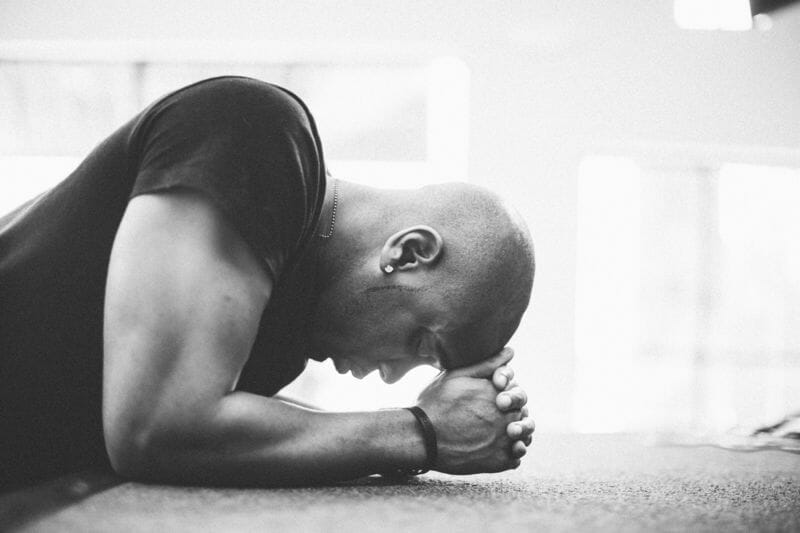
Everyone experiences ups and downs in life. You can’t avoid it. The key is staying consistent despite the ups and downs.
Joseph is one of two people in Scripture that lived an exemplary life consistently, despite the ups and downs he faced. (Daniel is the other.) Joseph faced some great highs and some great lows, and though I doubt he was happy with everything he went through, he maintained his spiritual and relational integrity through it all.
There are some things mentioned in Genesis chapter 39 that I need to remember when it comes to successfully making it through the highs and lows of my life. I need to remember:
- In every circumstance, God is with me…even if He doesn’t appear to be.
- In every circumstance, I can depend on God…more than on myself.
- In every circumstance, God wants to work for my good…even in the bad circumstances.
Consistently remembering these three things will help you maintain your integrity, outlook, and witness…even when the ups and downs of your circumstances pressure you to take the path of least resistance.
In the midst of life’s ups and downs, we need to be more like Joseph, the world needs us to be more like Joseph, and God needs us to be more like Joseph. It won’t always be easy, but making God (rather than circumstances) the compass that guides our thoughts and behaviors will pay the biggest dividends in the end. (See Genesis 45-46.)
Are the ups and downs of life throwing you for a loop? What is it you most need to remember in the midst of your circumstance? Stop right now and ask God to make something good out of your difficulties, then start looking for it. (See Genesis 50:20.)
Bret Legg is the Teaching and Counseling Pastor at Warren Baptist Church in Augusta, GA.









